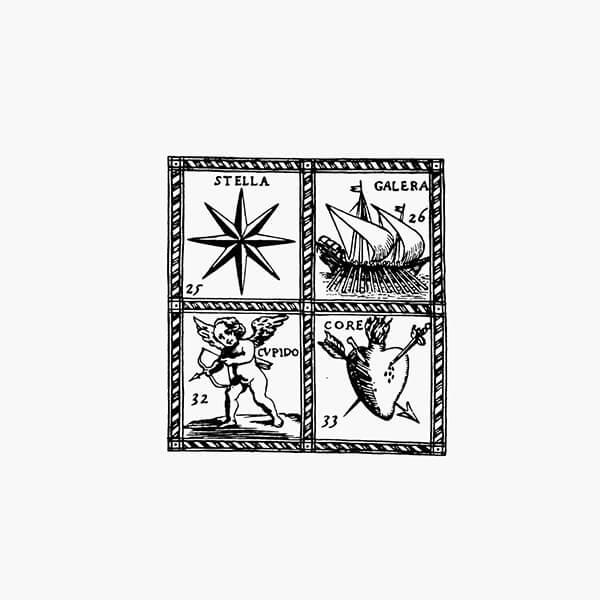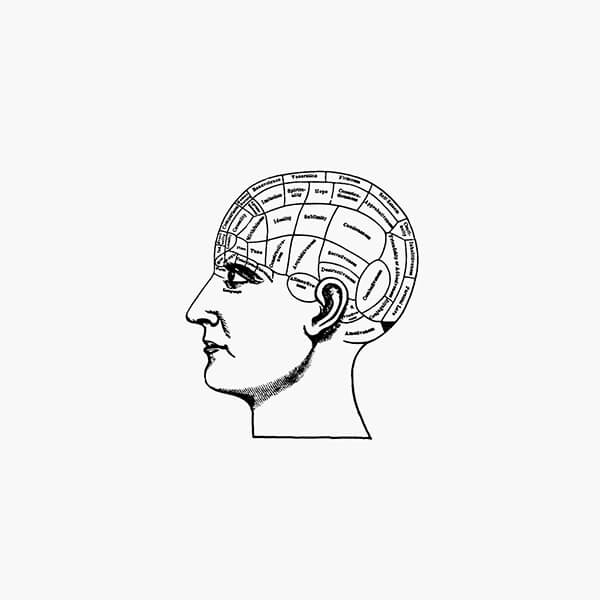



























Library of Babel
10351 Micromegas
Voltaire. Edited and with an introduction by Jorge Luis Borges
1979 I ed. .
Language: Italian
Voltaire’s lucid accounts are pure and elevated games that do not require credulity but voluntary and joyful participation. The first tale presented here, Memnon or Human Wisdom, relates the predictable misfortunes of a young man ‘who conceives the foolish project of being perfectly judicious’. Another,The Two Recipients of Consolation, is a parody of one of Seneca’s treatises. The History of the Travels of Scarmentado covers the geography of several continents in an amusing catalogue of bigotries and tortures.
The field encompassed by Micromegas is even more ambitious, and astronomically amplifies Gulliver’s vicissitudes. The theme of Le Blanc et le noir is the conflict between the good angel and the bad angel, through dizzying transformations that reflect the avatars of Pythagorean doctrine and Hindustan mythologies. Voltaire, in almost all his tales, uses the geography of the Thousand and One Nights and of antiquity, but the readers rapidly notice that Babylon is Paris and that the Brahmans or Druids are the prelates of the Church of Rome. In the other tales in this volume, Voltaire directs the action from the outside, like an ironic spectator who does not want to be part of the action; but in this last one, he lets himself be carried away by the passionate plot, as if he knew he was dreaming and condescended, with joy or pity, to carry on dreaming.